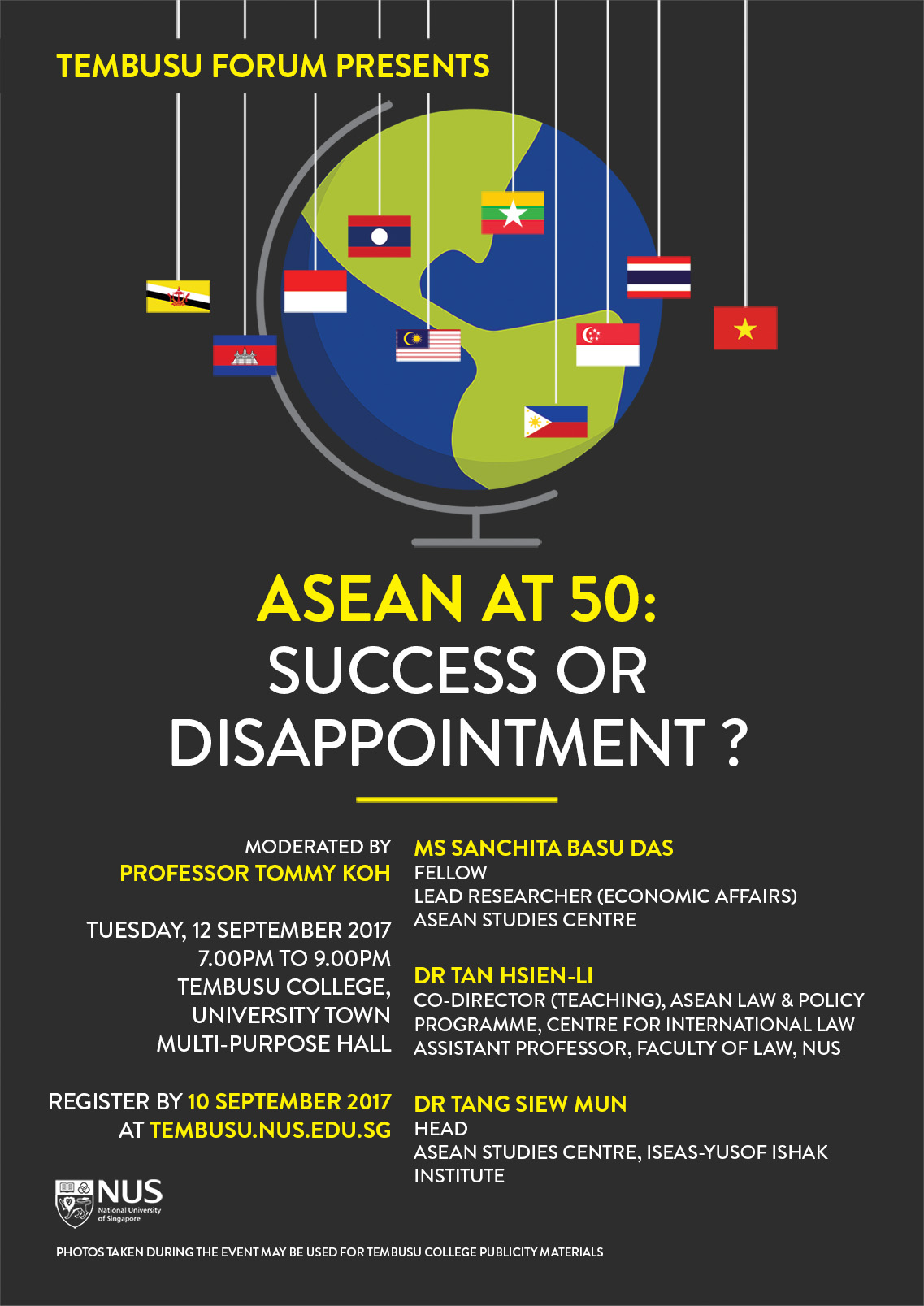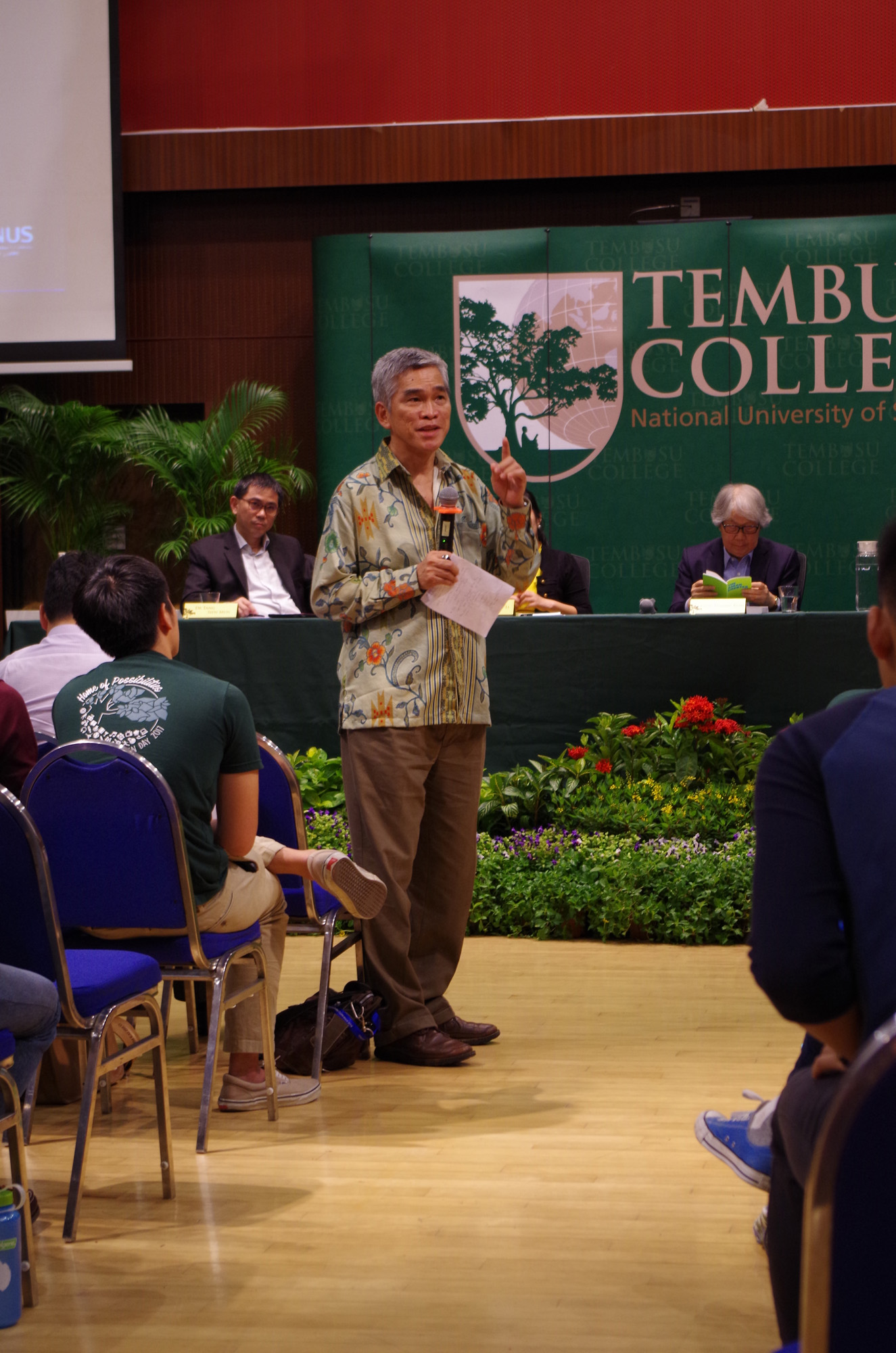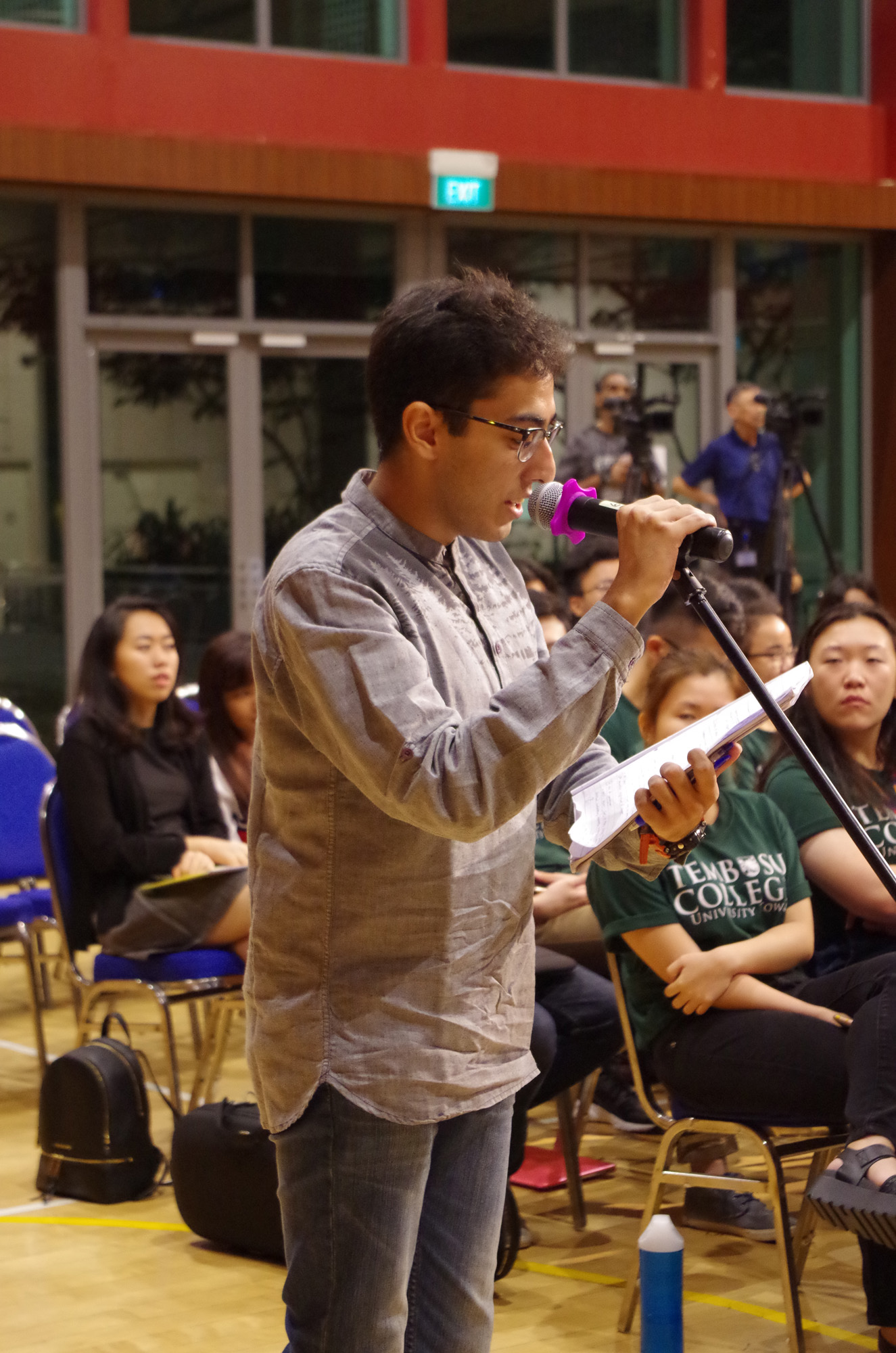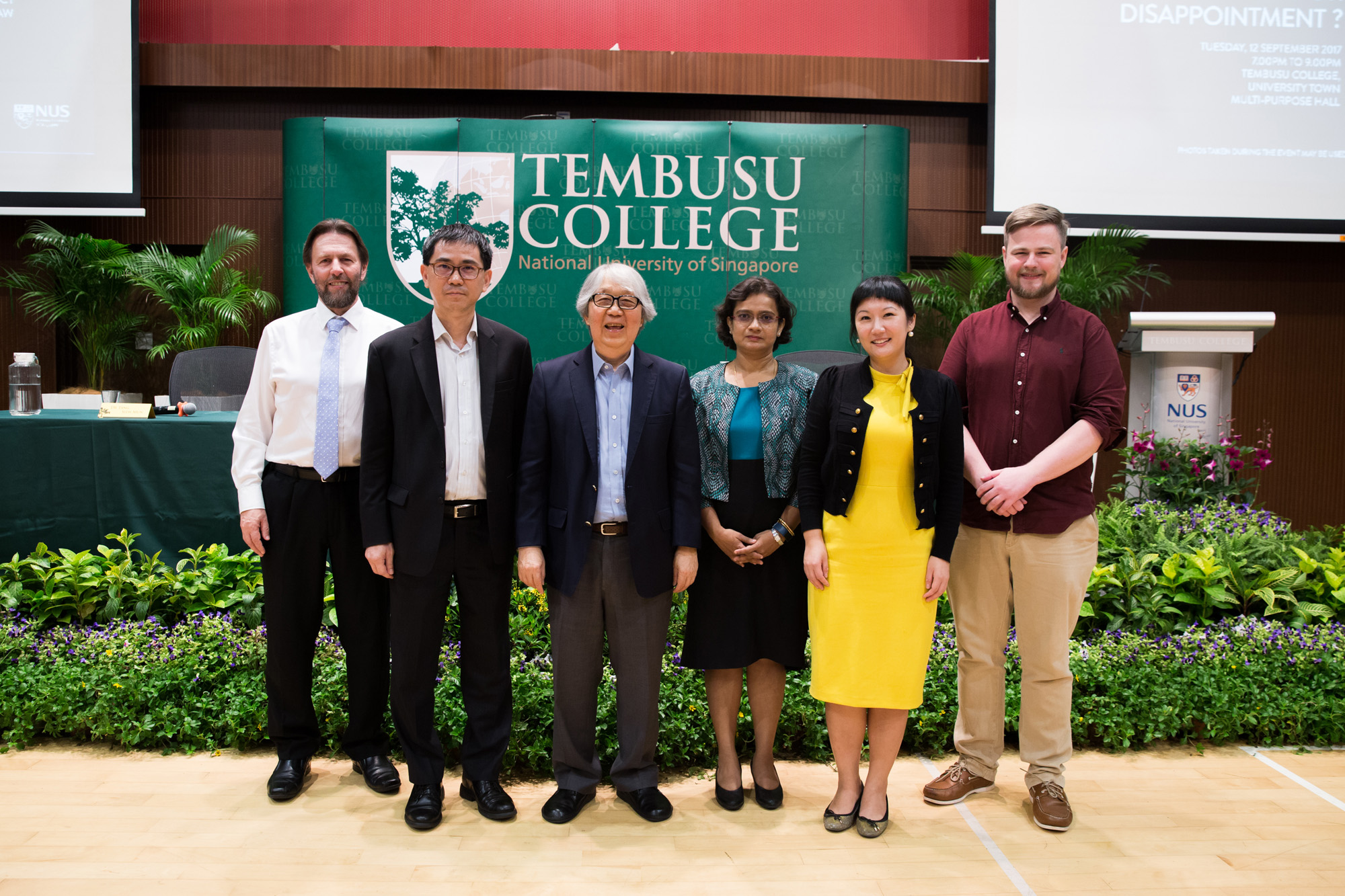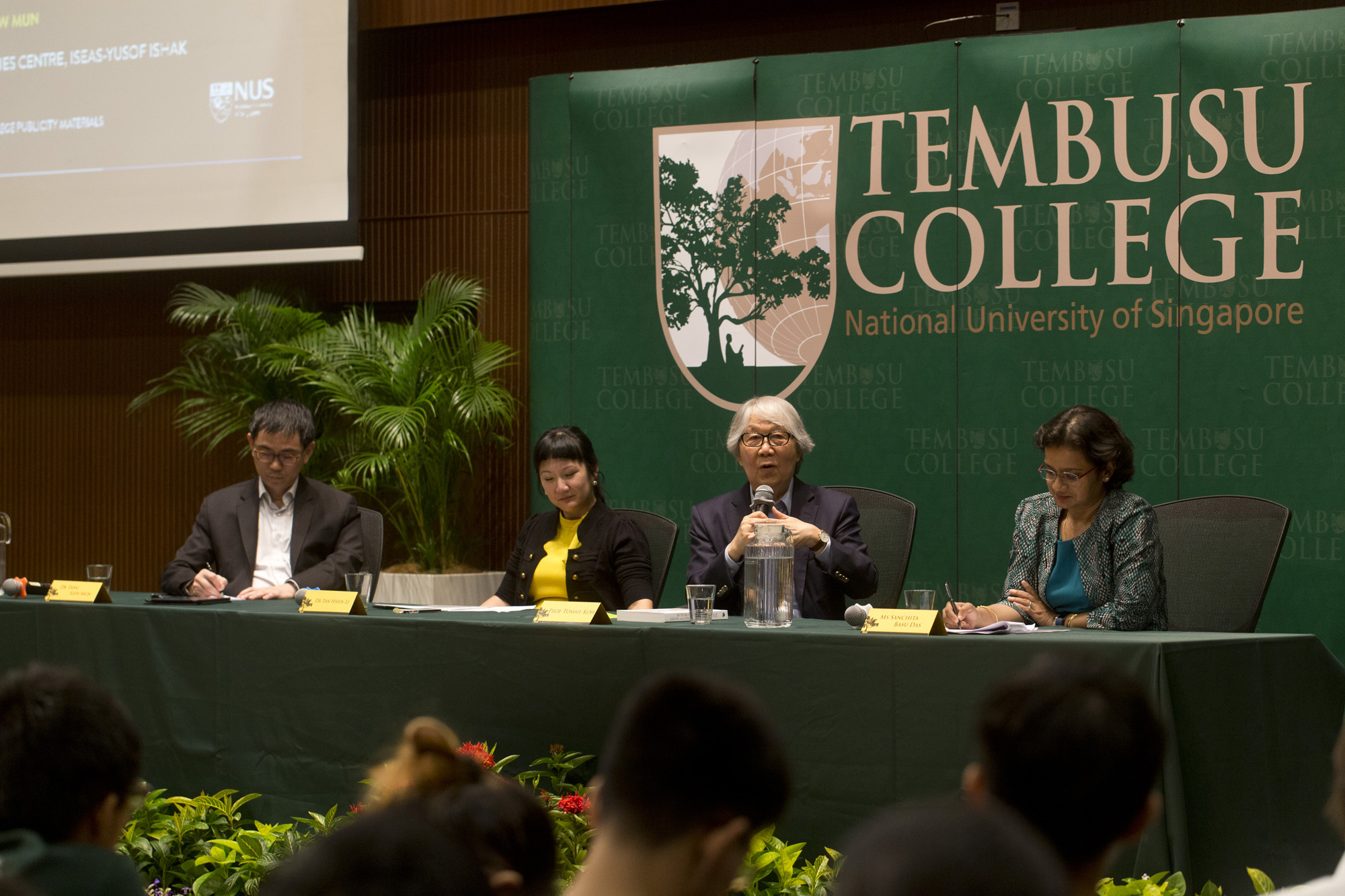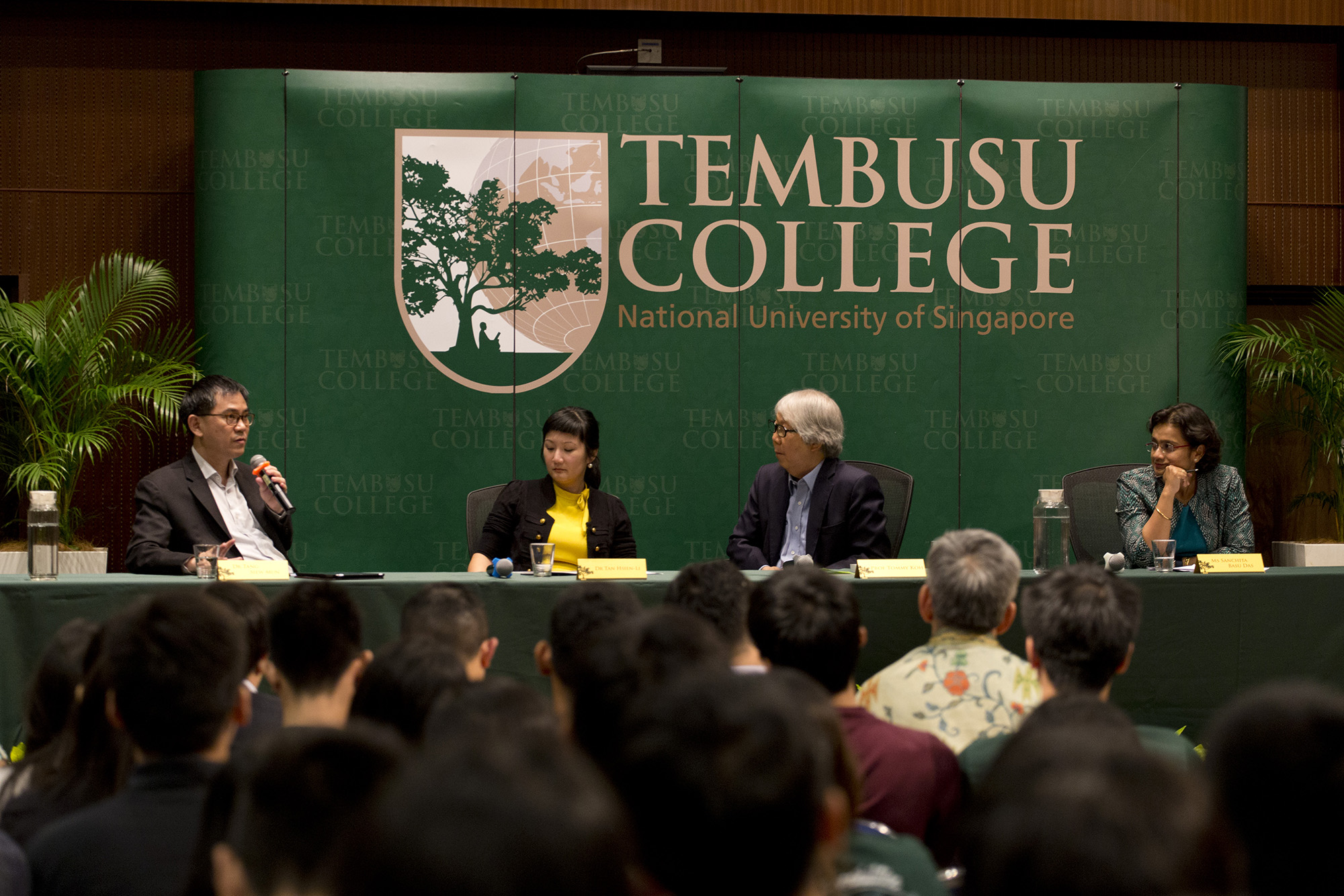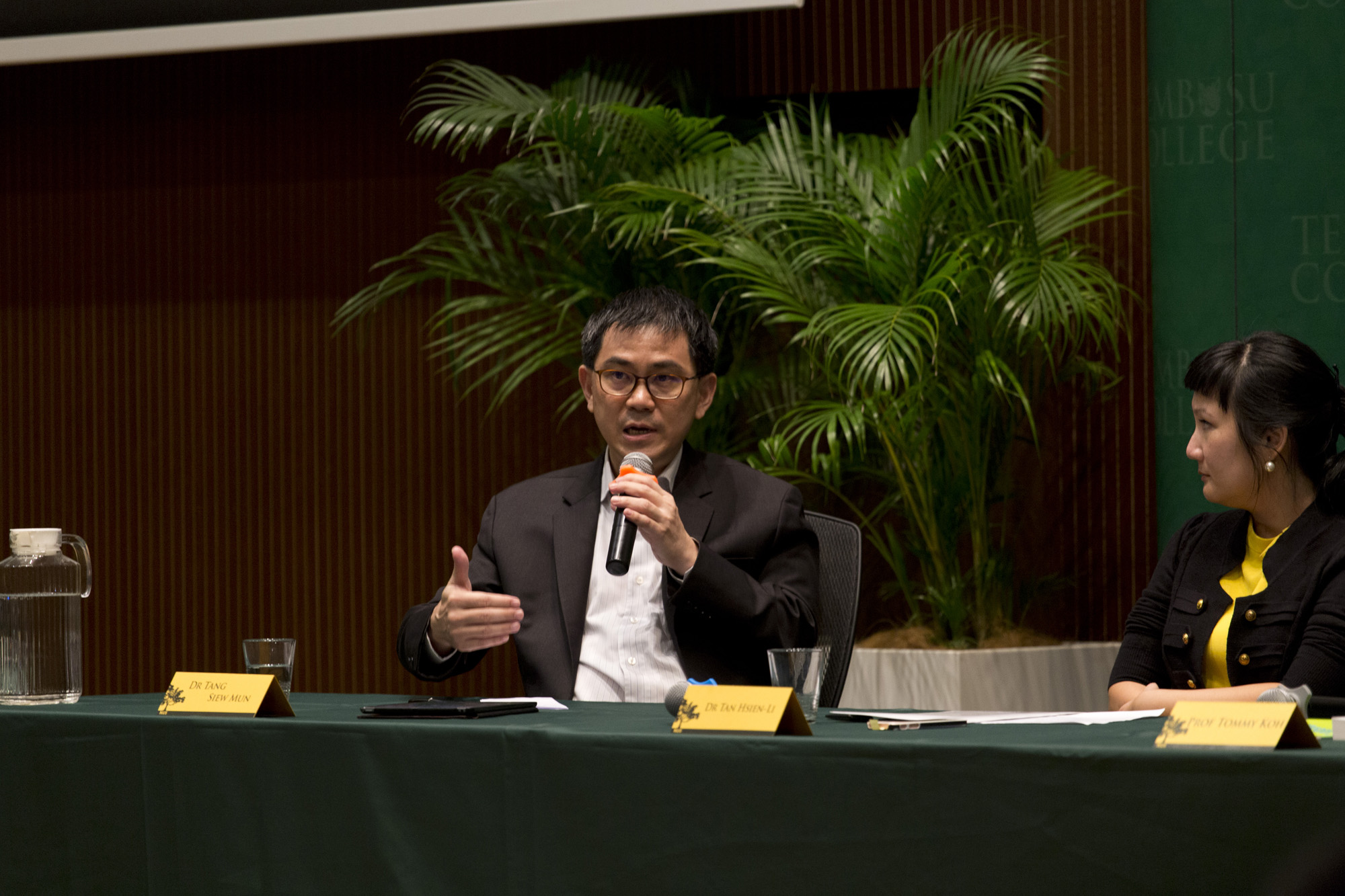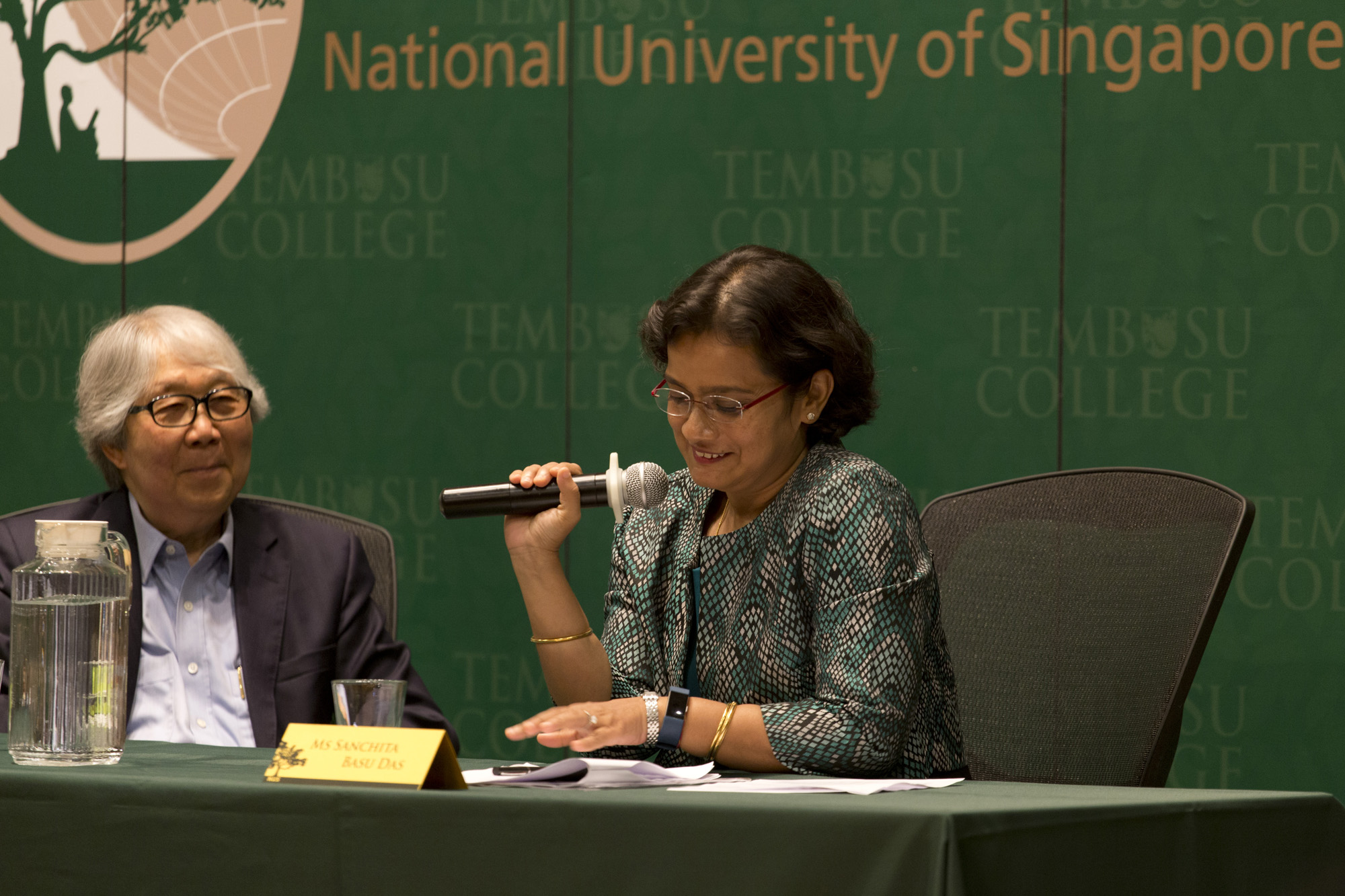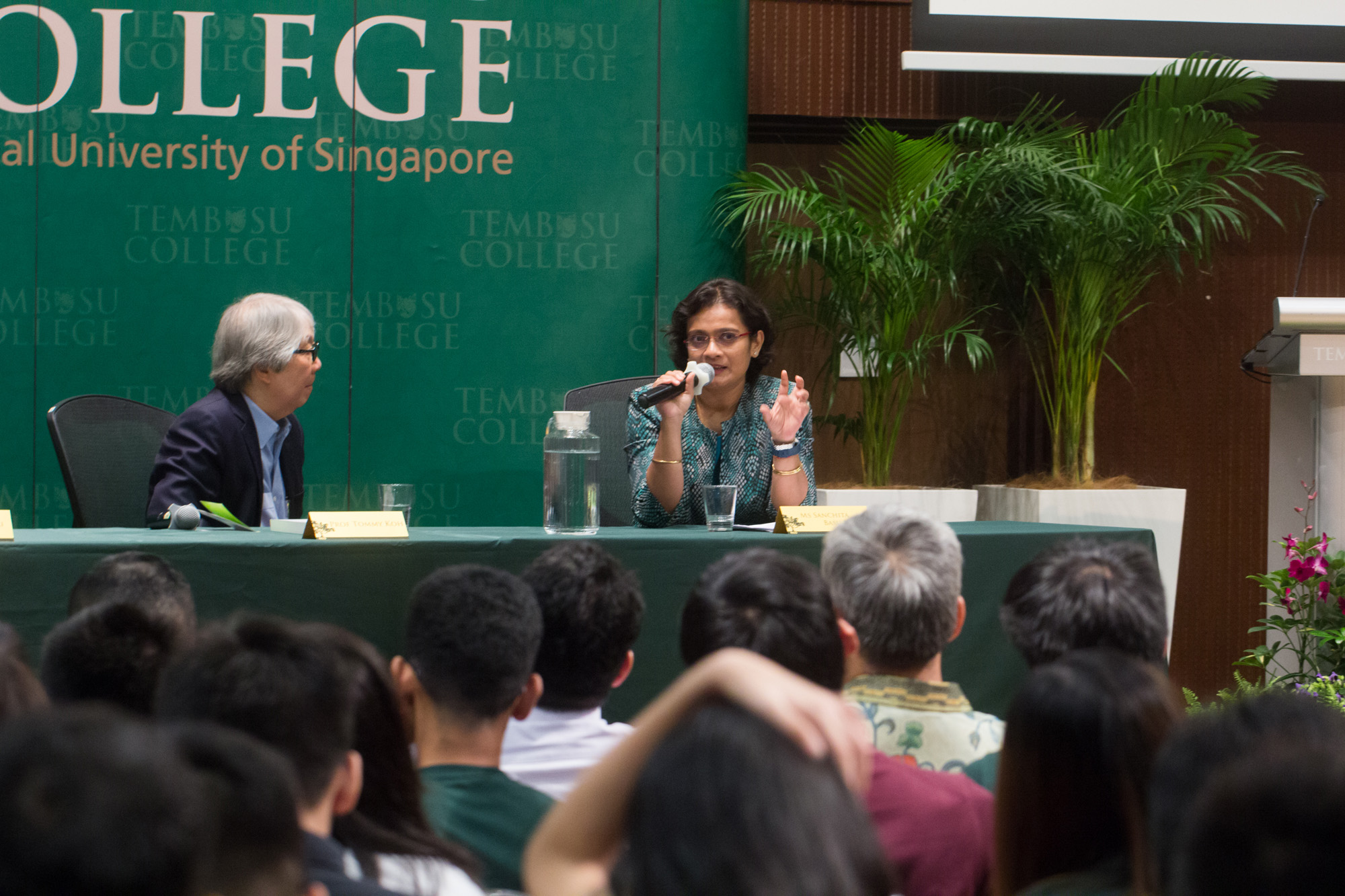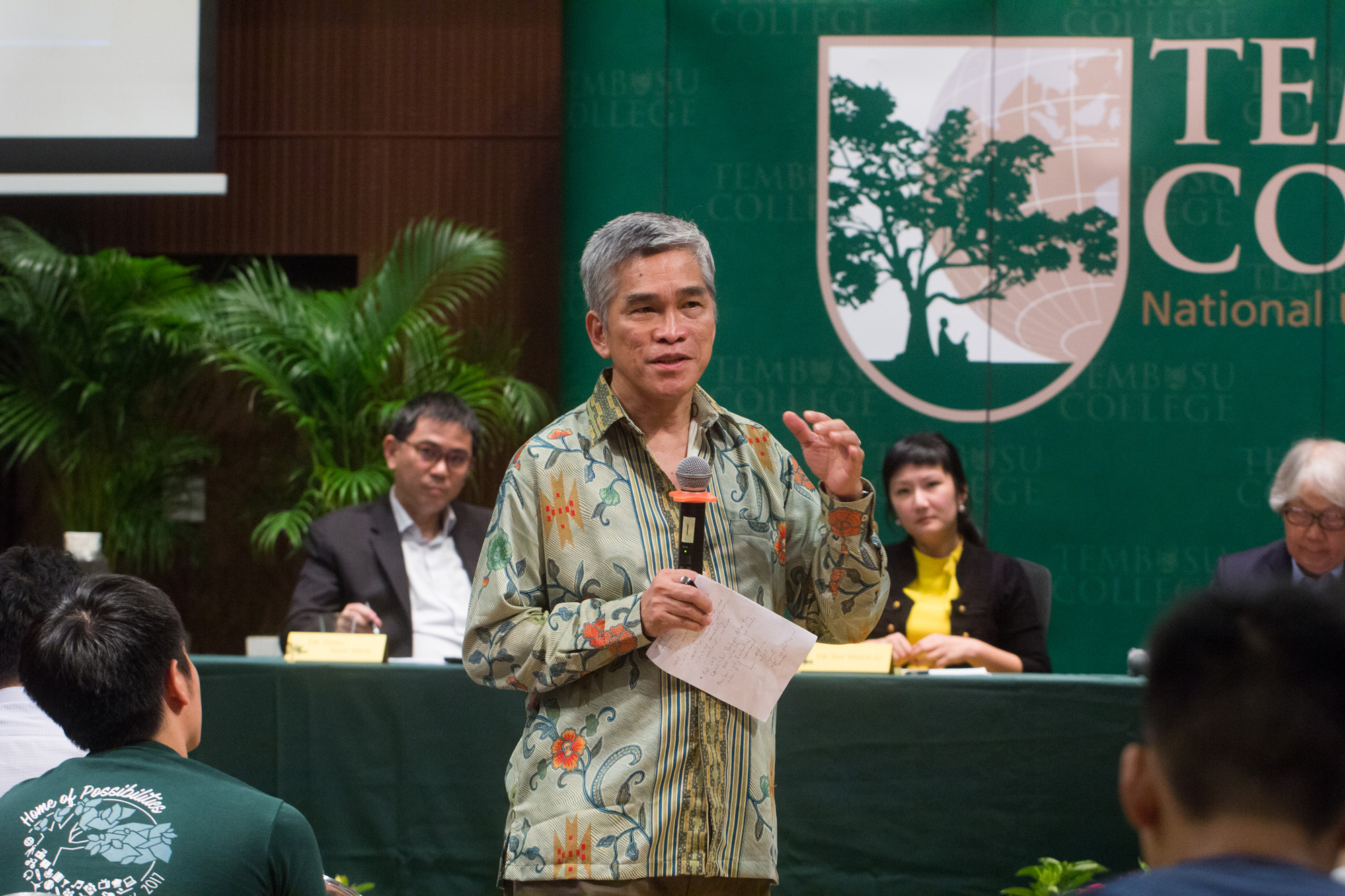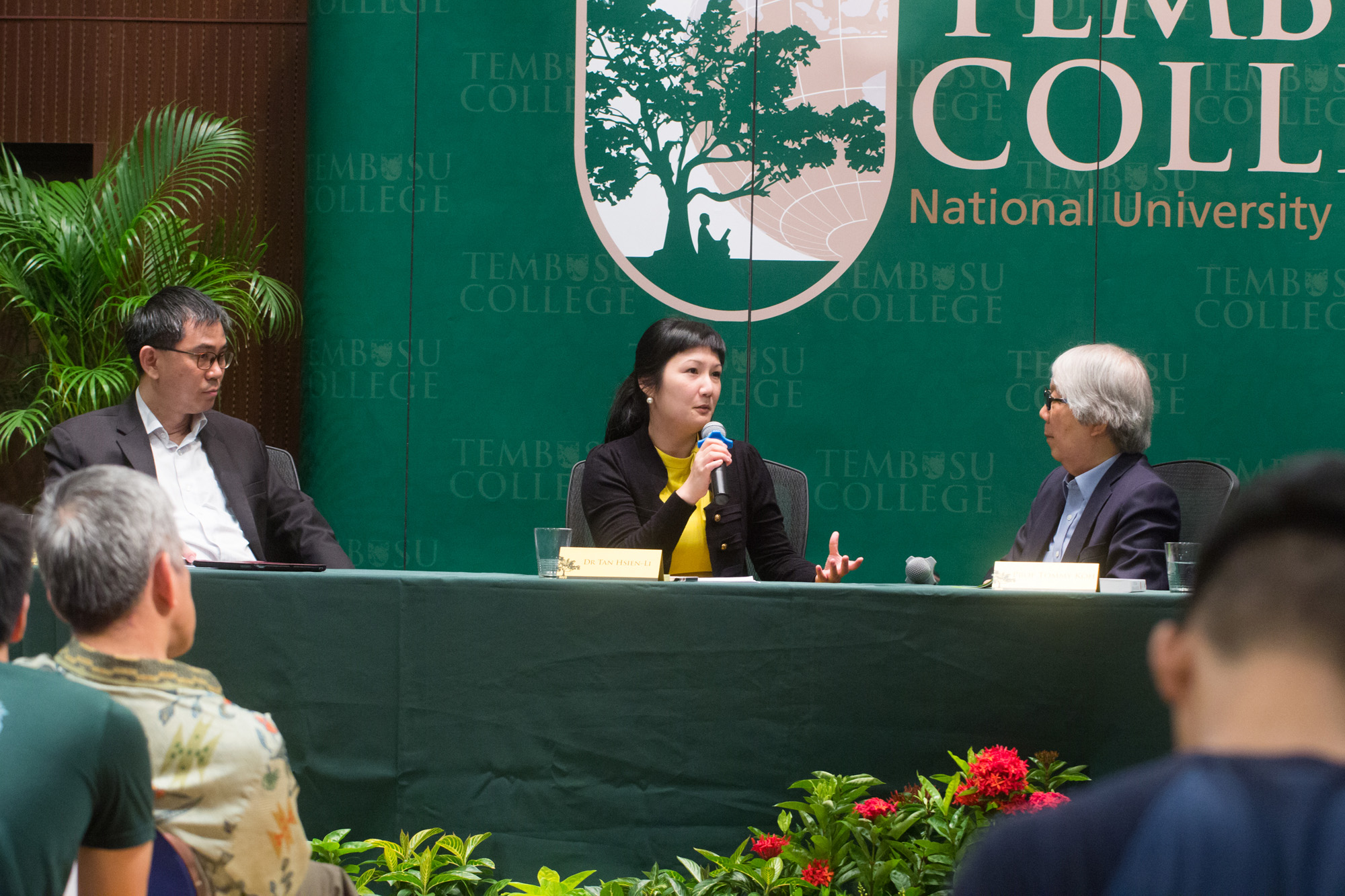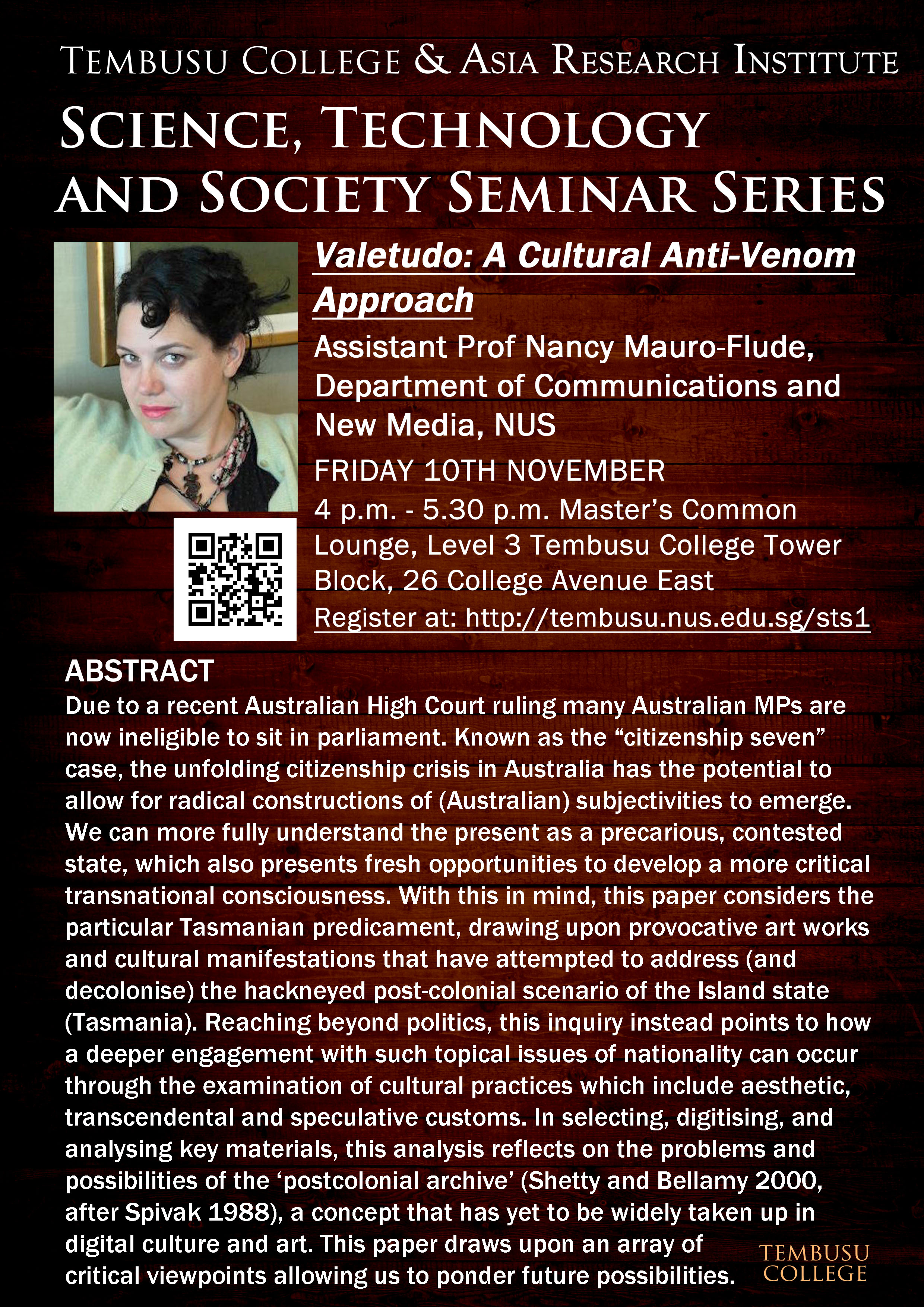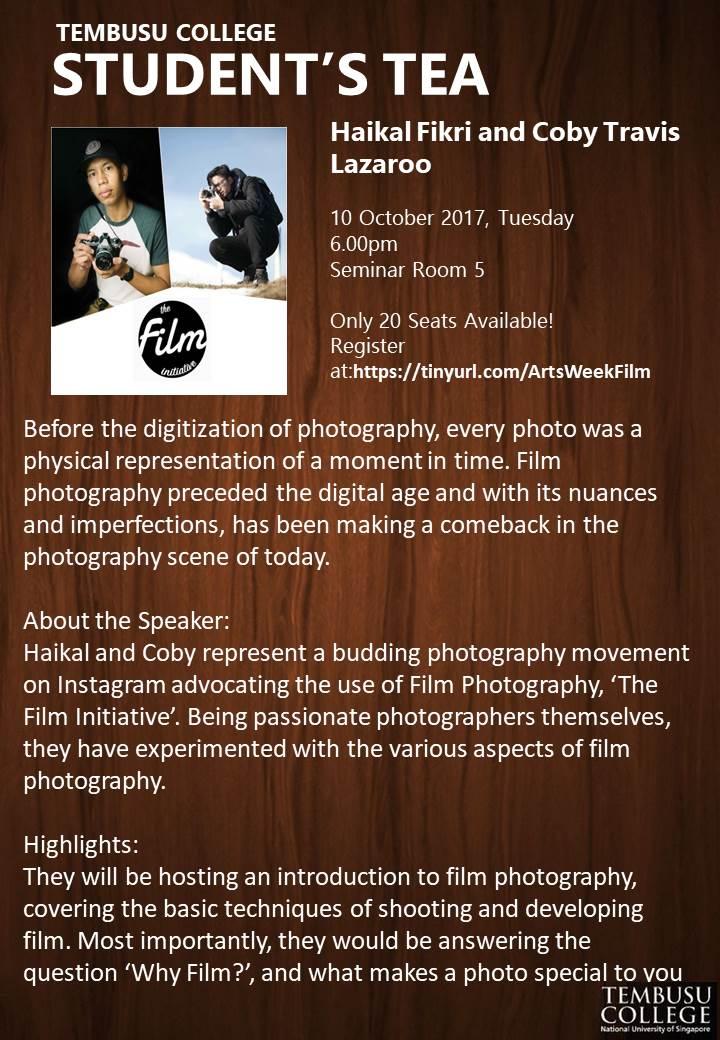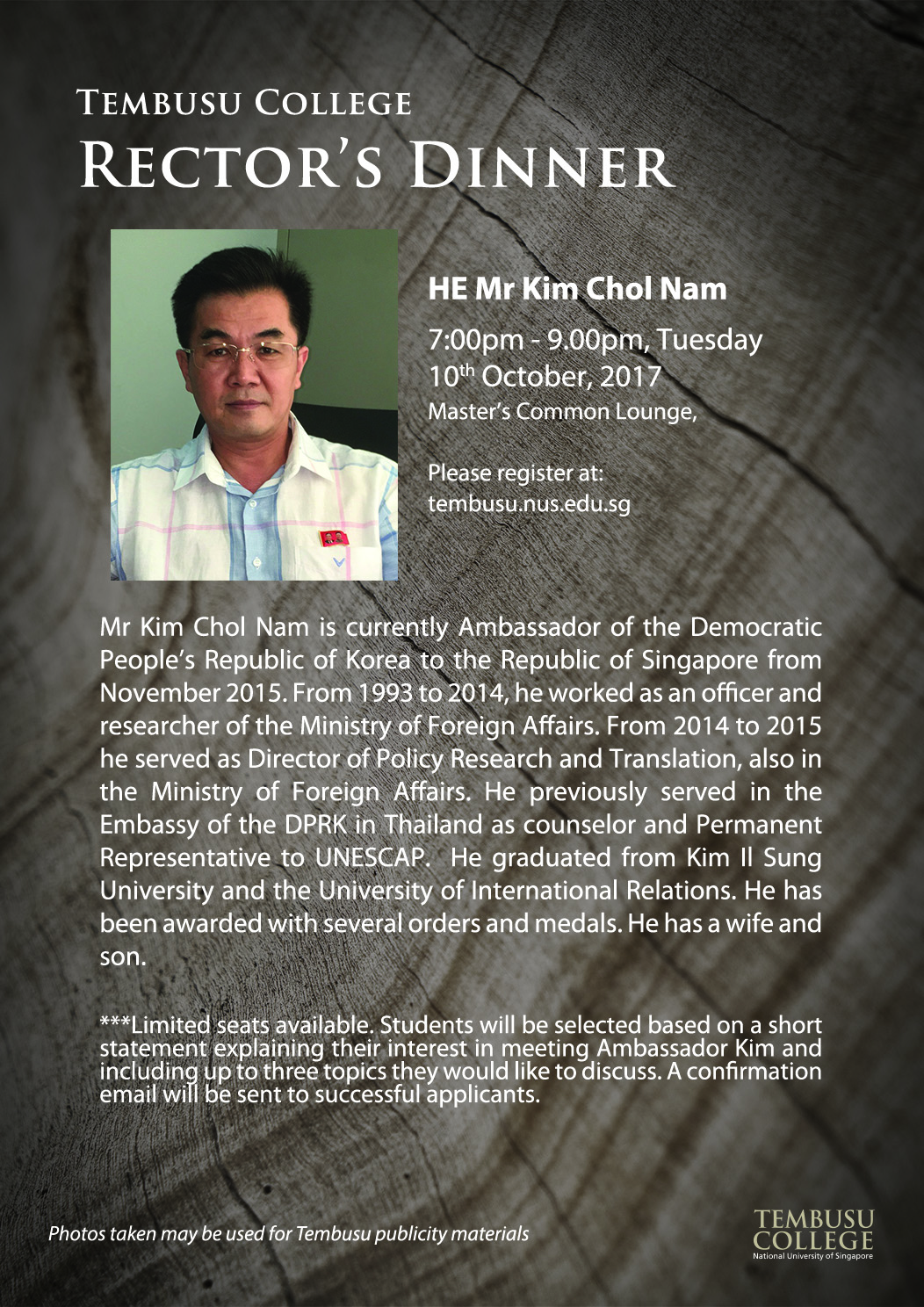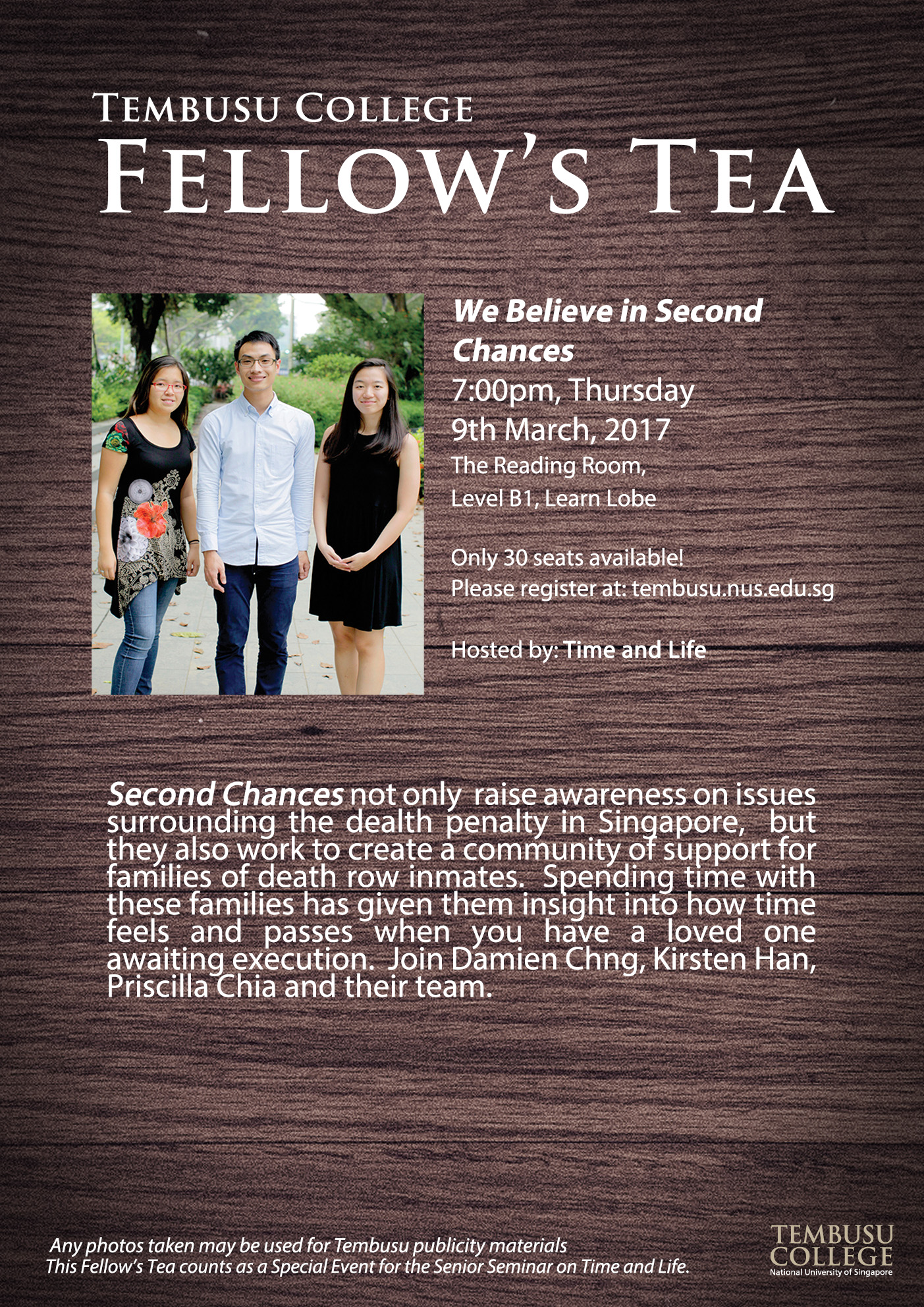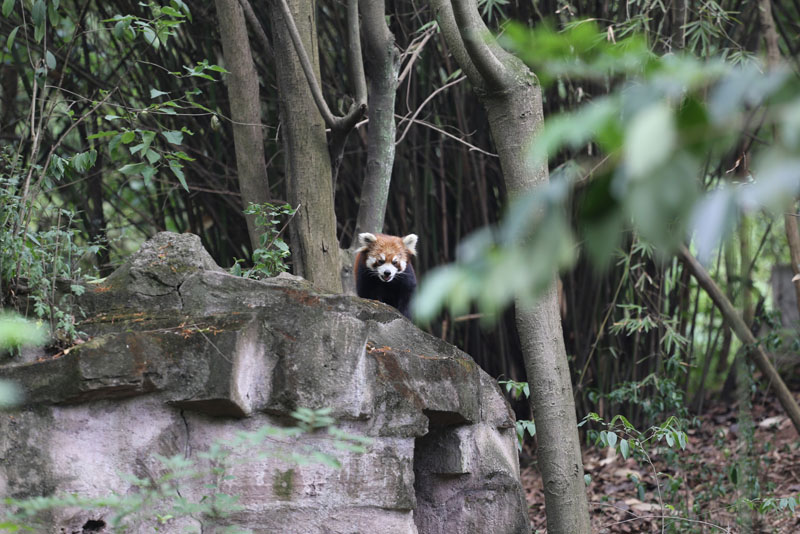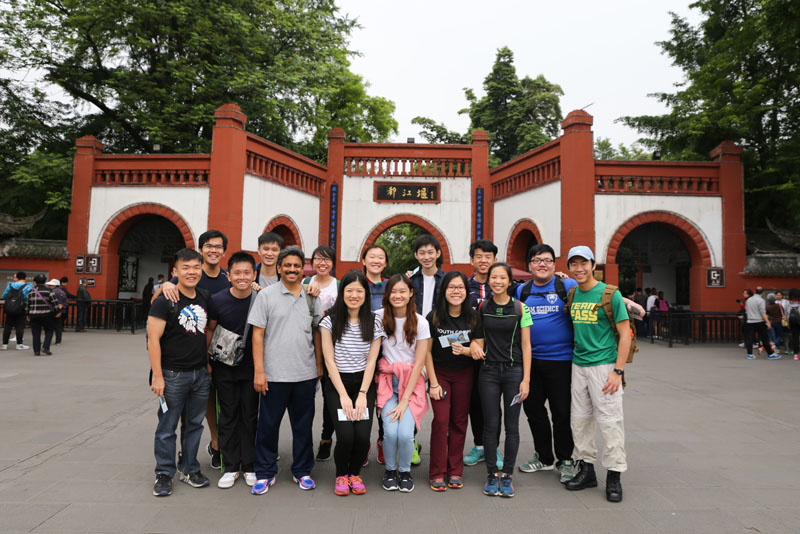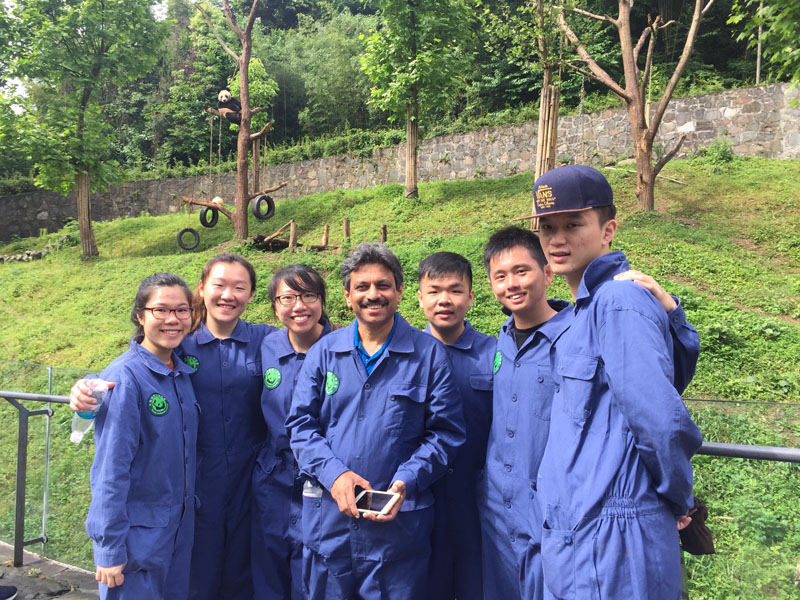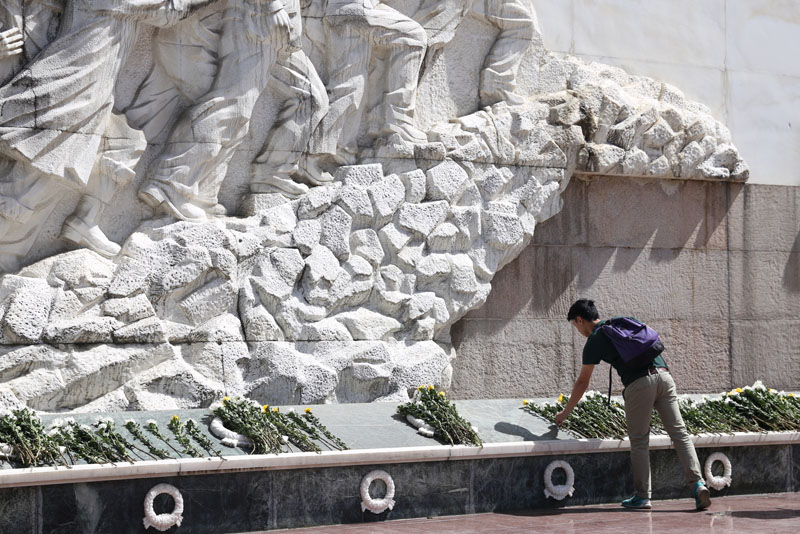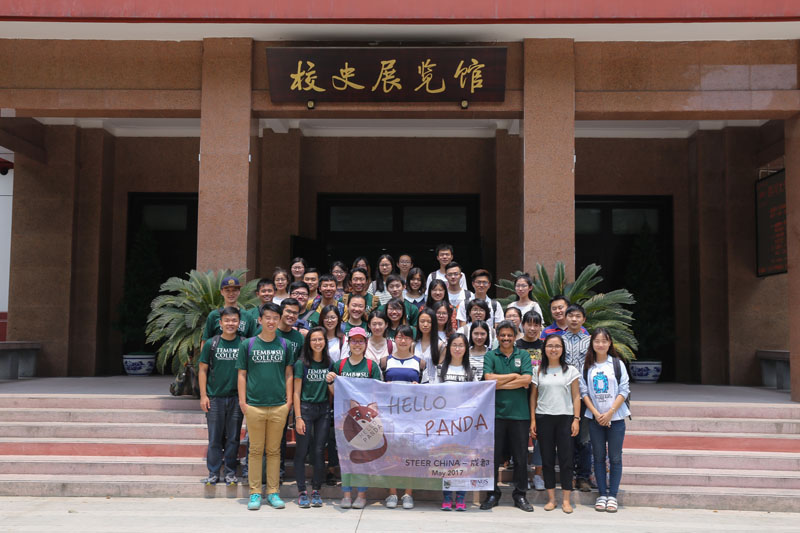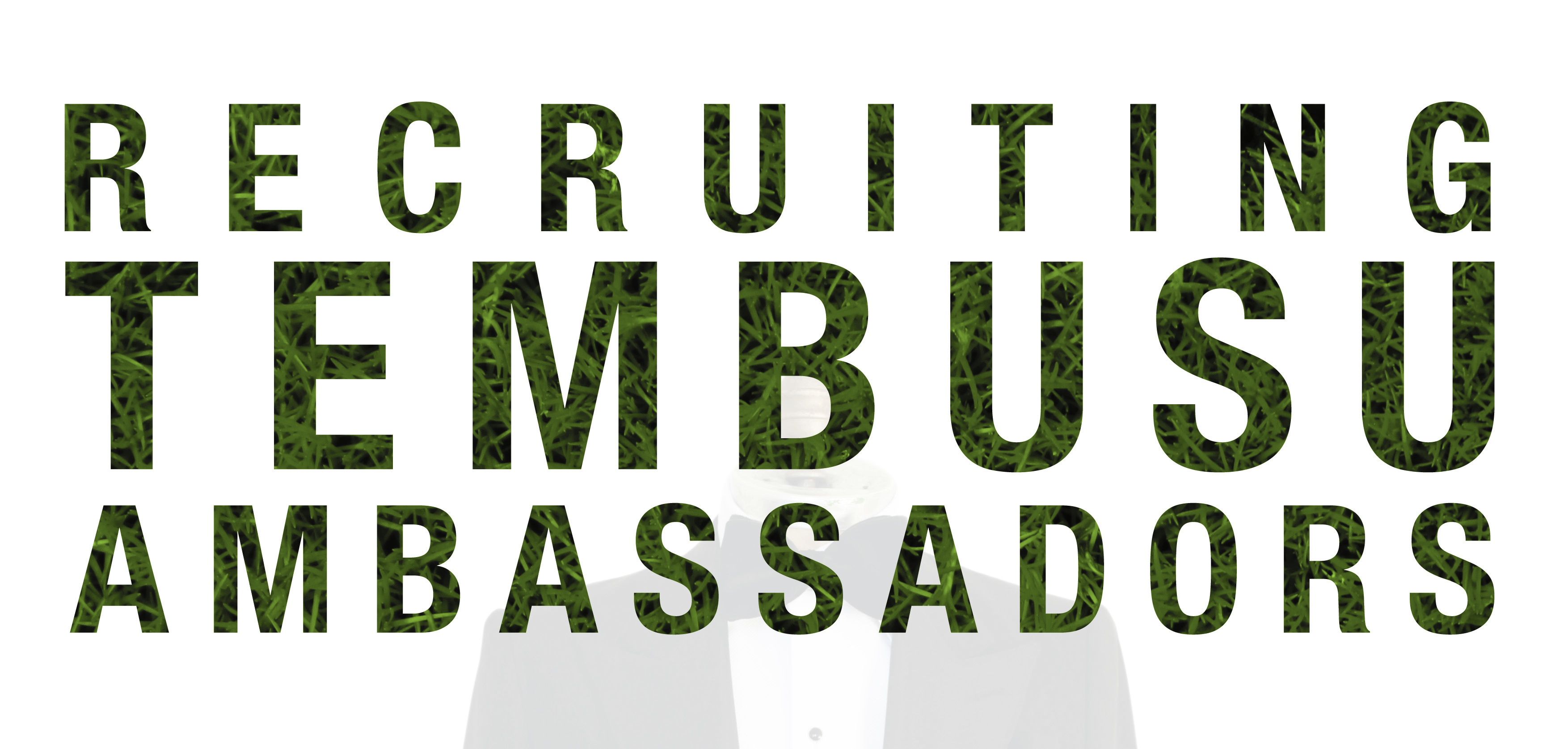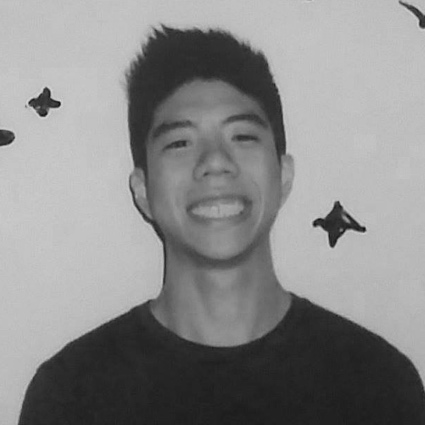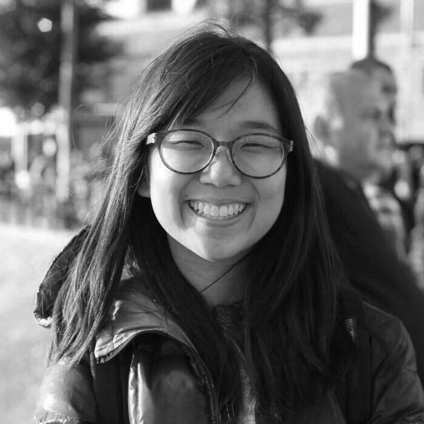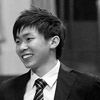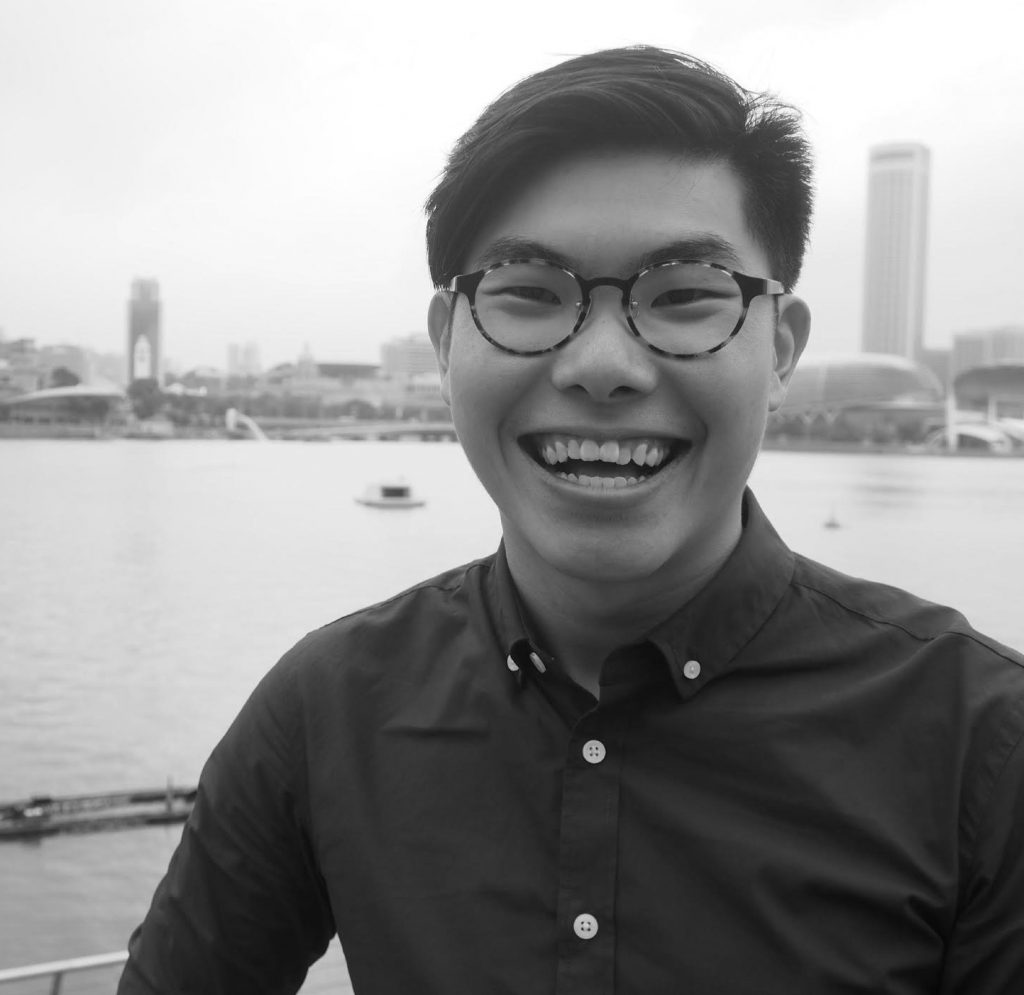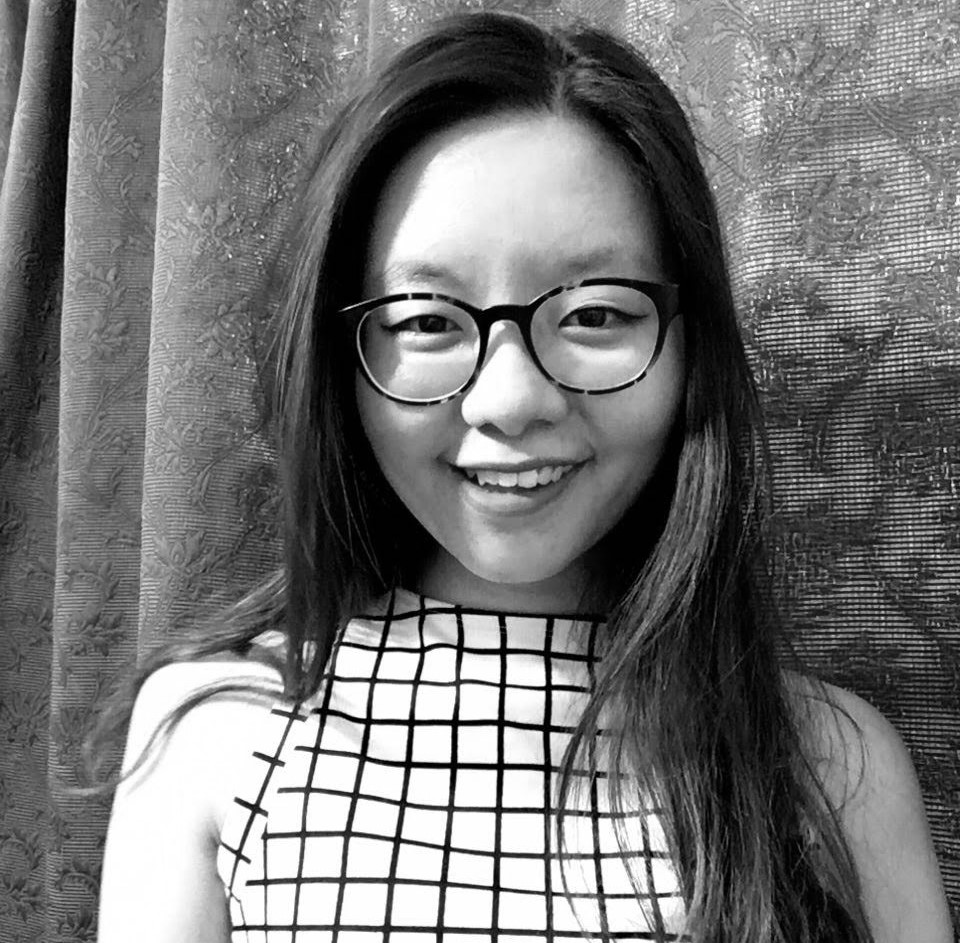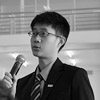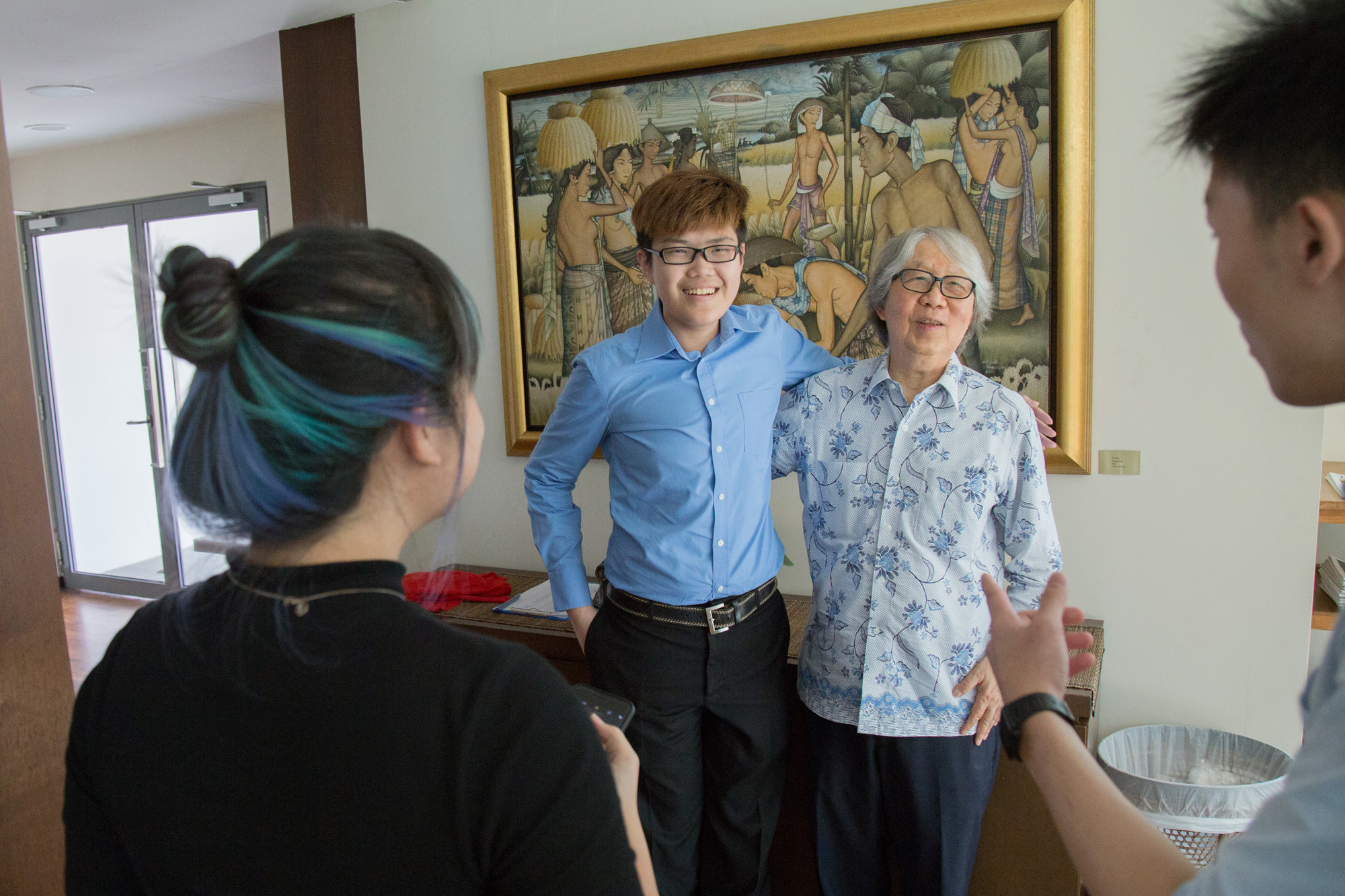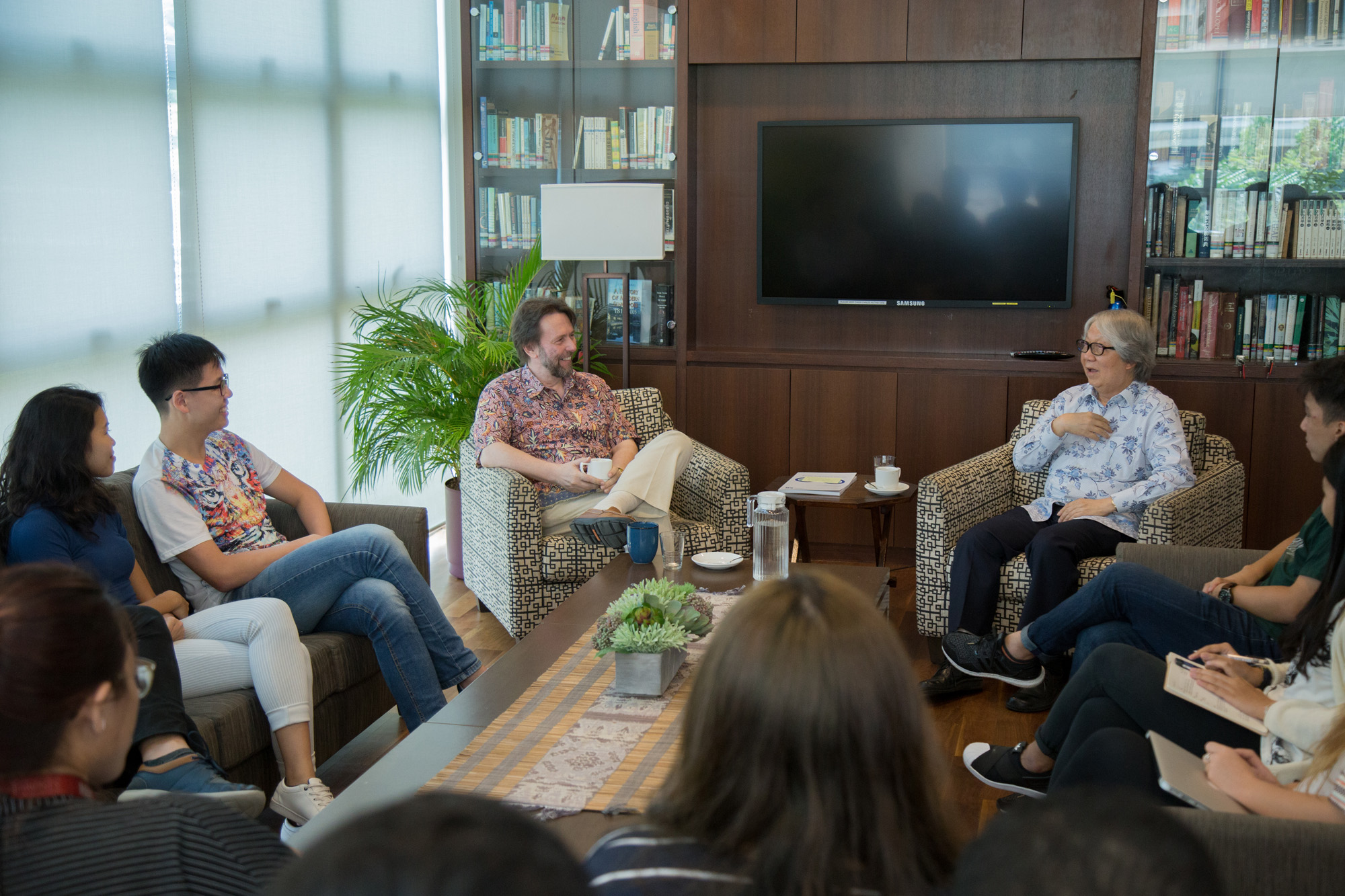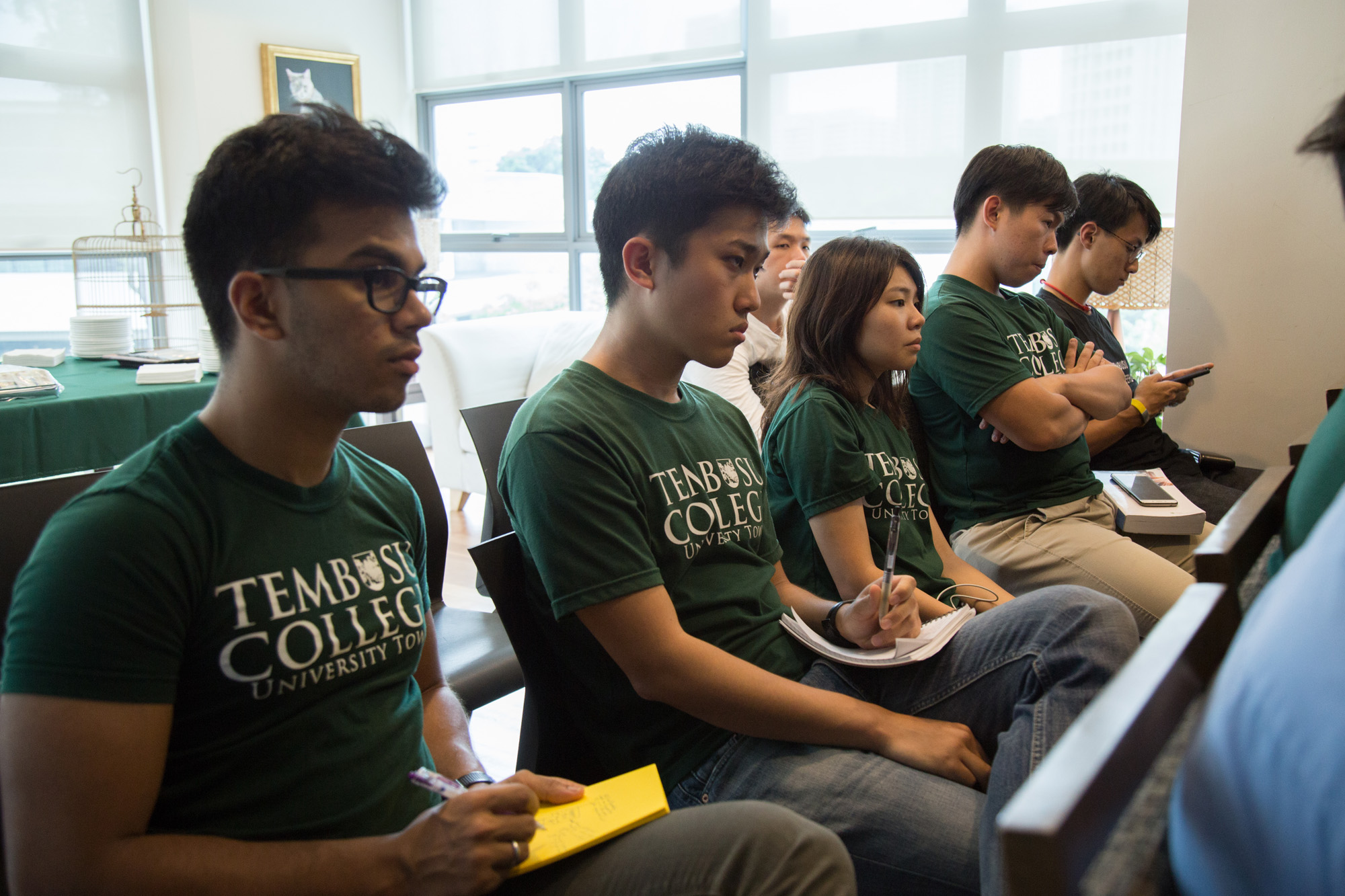ASEAN at 50: Success or Disappointment
PROGRAMME:
| 6.50pm: | All to be seated in Tembusu College Multi-purpose Hall |
| 7.00pm: | Assoc Prof Gregory Clancey, Master of Tembusu College, will introduce the Tembusu Forum |
| 7.05pm: | Prof Tommy Koh, Rector of Tembusu College, will introduce the topic and speakers |
| 7.15pm: | Dr Tang Siew Mun |
| 7.30pm: | Ms Sanchita Basu Das |
| 7.45pm: | Dr Tan Hsien-Li |
| 8.00pm: | Question & Answer session with students |
| 8.45pm: | Concluding remarks by 3 speakers and Prof Koh |
| 9.00pm: | End of forum |
BRIEF BIOGRAPHY OF SPEAKERS:
Dr TANG Siew Mun is the Head of the ASEAN Studies Centre at the ISEAS-Yusof Ishak Institute, where he is concurrently Senior Fellow at the Regional Strategic and Political Studies programme. He is Managing Editor of ASEANFocus. His primary research interests are Asian security, ASEAN’s relations with the major powers and Japanese foreign policy. Prior to joining ISEAS, he was Director for Foreign Policy and Security Studies at the Institute of Strategic and International Studies (ISIS), Malaysia and Senior Lecturer at the National University of Malaysia (UKM). He holds a B.A (Hons.) from the National University of Malaysia, a MA in War Studies from King’s College London, a MA in International Studies from the Claremont Graduate University and a Ph.D. from Arizona State University in Political Science.
For the Forum, Dr Tang will reflect on ASEAN’s achievements in the past 50 years and highlight some fundamental challenges ahead for the regional organisation.
Ms Sanchita Basu Das is a Fellow and Lead Researcher for economic Affairs at the ASEAN Studies Centre of ISEAS-Yusof Ishak Institute. She holds concurrent duties as the coordinator of the Singapore APEC Study Centre and co-editor of Journal of Southeast Asian Economies (formerly the ASEAN Economic Bulletin). Prior to joining the Institute in 2005, she was an economist in the private sector involved in infrastructure consulting, manufacturing and banking. Sanchita holds an MBA from the National University of Singapore (NUS), and an MA from the Delhi School of Economics (under University of Delhi), India. She is currently pursuing her doctorate in International Political Economy at the Nanyang Technological University (NTU), Singapore. Sanchita has authored and edited numerous books and book chapters, policy papers and opinion articles. Her research interests include – economic regionalism in ASEAN and the Asia-Pacific Region; international trade; and economic development issues like connectivity.
Dr Tan Hsien-Li is the Co-Director (Teaching) for the ASEAN Law and Policy Programme at Centre for International Law (CIL), NUS. She was until recently Senior Research Fellow and Executive Director of the ASEAN Integration through Law Project at the CIL. Hsien-Li previously held fellowships at the European University Institute, Florence, and the Jean Monnet Center for International and Regional Economic Law and Justice, NYU School of Law. She was also the AsianSIL Research Fellow at the NUS School of Law and the Ushiba Memorial ASEAN Fellow in Tokyo.
Dr Tan researches on the role and the rule of law and institutions in ASEAN Integration; public international law, particularly on institution building and norm creation; and human rights and peace and security. Hsien-Li wrote the first book on the ASEAN human rights system (Cambridge University Press, 2011) and have two forthcoming books (co-authored) on ASEAN dispute settlement mechanisms and human rights in ASEAN to be published by Cambridge University Press. She is currently working on two more books—the documentary analysis of ASEAN instruments and a theory of the ASEAN Way. Hsien-Li is an editor of the Asian Journal of International Law and the general co-editor (together with Joseph Weiler) of the ASEAN Integration Through Law Book Series (Cambridge University Press).
For the Forum, Dr Tan’s topic will be “The Legal and Institutional Transformation of ASEAN”.
You can find a writeup on the Forum here: Berita Harian


